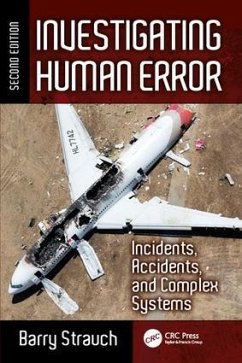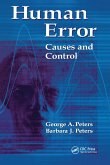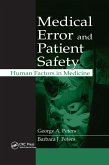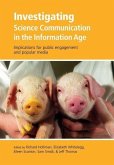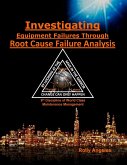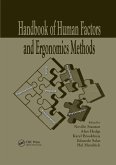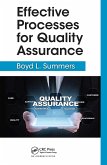In this book the author applies contemporary error theory to the needs of investigators and of anyone attempting to understand why someone made a critical error, how that error led to an incident or accident, and how to prevent such errors in the future. Students and investigators of human error will gain an appreciation of the literature on error, with numerous references to both scientific research and investigative reports in a wide variety of applications, from airplane accidents, to bus accidents, to bonfire disasters. Based on the author's extensive experience as an accident investigator and instructor of both aircraft accident investigation techniques and human factors psychology, it reviews recent human factors literature, summarizes major transportation accidents, and shows how to investigate the types of errors that typically occur in high risk industries. It presents a model of human error causation influenced largely by James Reason and Neville Moray, and relates it to error investigations with step-by-step guidelines for data collection and analysis that investigators can readily apply as needed. This second edition of Investigating Human Error has been brought up to date throughout, with pertinent recent accidents and safety literature integrated. It features new material on fatigue, distraction (eg mobile phone and texting) and medication use. It also now explores the topics of corporate culture, safety culture and safety management systems. Additionally the second edition considers the effects of the reduction in the number of major accidents on investigation quality, the consequences of social changes on transportation safety (such as drinking and driving, cell phone use, etc), the contemporary role of accident investigation, and the effects of the prosecution of those involved in accidents.
Hinweis: Dieser Artikel kann nur an eine deutsche Lieferadresse ausgeliefert werden.
Hinweis: Dieser Artikel kann nur an eine deutsche Lieferadresse ausgeliefert werden.

